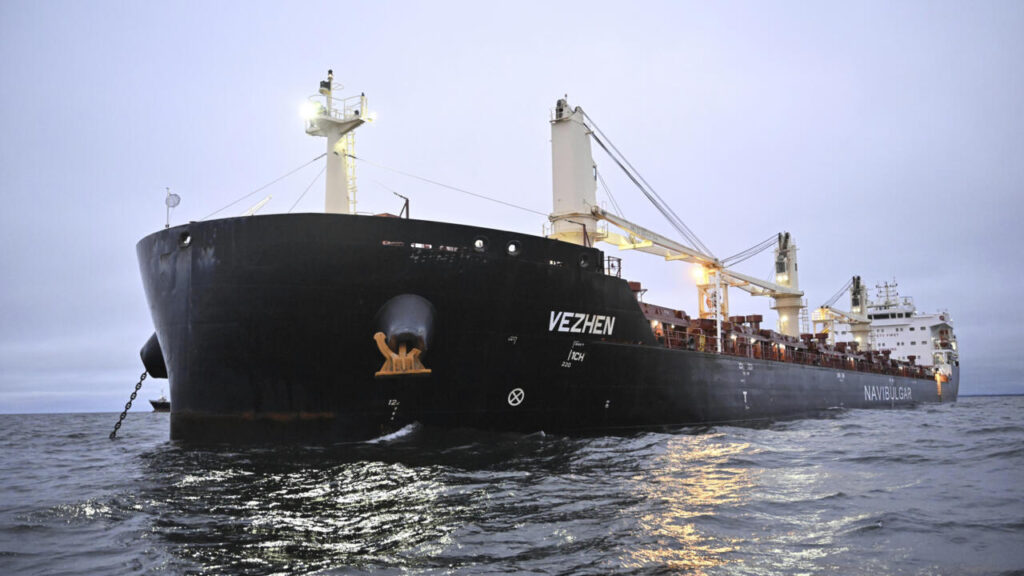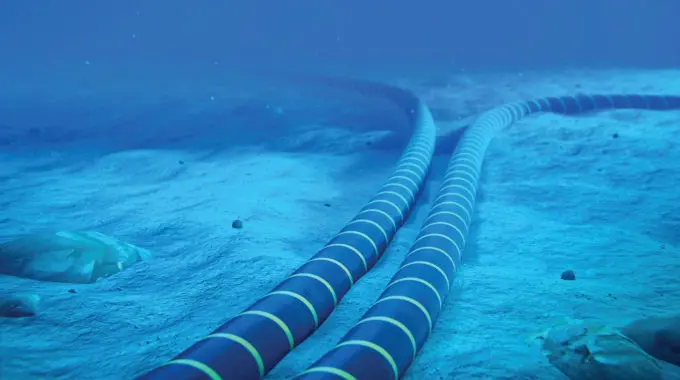The threat to undersea fiber optic cables is more real than ever. In response to increasing concerns over potential sabotage, Sweden has seized a tanker suspected of damaging an undersea cable in the Baltic Sea. The cable, vital for communication between Sweden and Latvia, was disrupted on Sunday, leading authorities to take immediate action. This event reminds us of the increasing vulnerabilities faced by Europe’s infrastructure, especially in the context of heightened geopolitical tensions and cyber threats.
What’s Happening & Why This Matters
Sweden’s Response: Seizing the Vezhen
Swedish authorities have investigated a cargo ship that was believed to have damaged an undersea fiber optic cable. The cable facilitates data transmission between Sweden and Latvia, and the disruption was detected by the Latvia State Radio and Television Center (LVRTC). The attack has raised alarms about the vulnerability of undersea cables, crucial for internet connectivity and communication across regions.
Although Swedish officials have not yet confirmed the ship’s name involved, sources suggest that the Vezhen, a Maltese-flagged tanker owned by a Bulgarian shipping company, was seized after it passed over the damaged cable. The suspected sabotage is one in a series of incidents that have heightened concerns about the security of undersea cables.

Undersea Cable Sabotage: A Growing Threat
The Baltic Sea has witnessed several cable disruptions in recent months. In November, Chinese vessels were suspected of dragging anchors to damage cables. European intelligence has raised concerns over such incidents, suggesting that foreign actors might be targeting critical communication infrastructure. The Vezhen seizure comes at a time when Europe is increasingly focused on securing its digital infrastructure.
Latvia State Radio and Television Center has confirmed that while the damage has not disrupted services for most Latvian users, the breach could lead to slower data transmission speeds. The cable, lying at a depth of more than 50 meters, requires specialized equipment to repair, and its exact damage will only be confirmed once repair efforts begin.
A Broadening Cybersecurity Concern for Europe
Europe’s concerns about sabotage go beyond undersea cables. Researchers have raised alarms about a potential cyberattack on the European power grid. Researchers Fabian Bräunlein and Luca Melette discovered that Central European power facilities use unencrypted radio signals to control energy distribution. These signals, if intercepted, could enable attackers to manipulate the power supply, causing widespread disruptions. They estimate that rogue actors could potentially manipulate up to 60 gigawatts of electricity, enough to destabilize the entire European power grid.
This discovery highlights the vulnerability of key infrastructure, like energy grids and communication cables, to cyberattacks and physical sabotage. The growing use of unsecured communication protocols presents significant risks that must be addressed to protect critical systems across Europe.
TF Summary: What’s Next
The recent tanker seizure and cyberattack revelations highlight the urgent need for improved security across Europe’s digital and energy infrastructure. Swedish authorities will likely continue investigating the Vezhen, while Latvia’s efforts to repair the damaged cable will proceed. As the cybersecurity threat to undersea cables and power grids increases, governments are expected to strengthen protections for these vital assets. Meanwhile, shifting towards more secure communication systems like LTE may help reduce the risks posed by cyberattacks on energy grids.
— Text-to-Speech (TTS) provided by gspeech.


